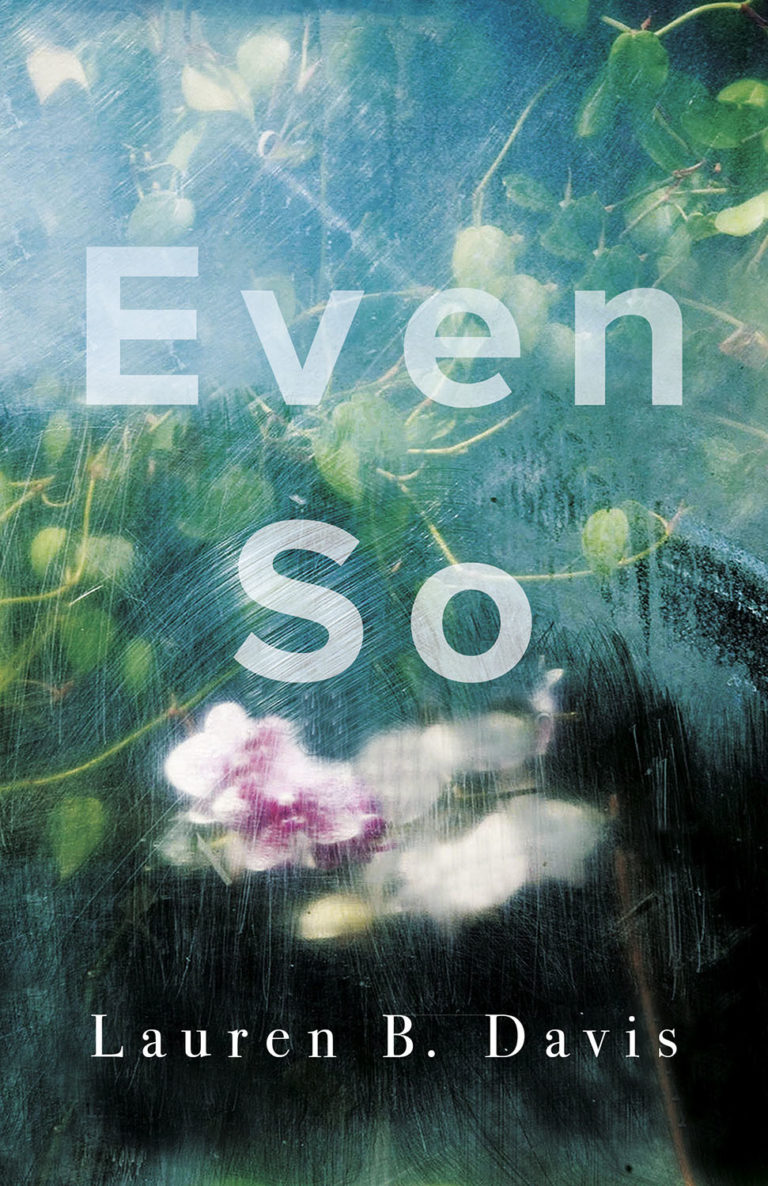The Radiant City, Backstory
When I began writing The Radiant City it was about a bunch of rootless drifters in Paris, a kind of meditation on what constitutes belonging. However, after September 11, I found I wasn’t interested in those characters any longer.
I had to rethink what I was obsessing about, since I can only write about what is really bugging me. And here I was, devastated by 9/ll. I stood at my window in Paris and kept looking at the Eiffel Tower, wondering if it was going to be attacked as well. I was glued to any news media I could get. I cried on and off for months. I was inconsolable. And I felt guilty about the intensity of my feelings. Why? Because bad things have always happened, right back to the beginning of history — ravaging hordes, berserkers, Vlad the Impaler, the Holocaust, Rwanda, to name just a few. I felt I should have known! How could I not have known? I was disappointed in myself and disillusioned not only with the world, but with my understanding of it.
So what was it about this particular event that crushed me? I’m still not sure, but I suspect I felt closer to 9/11 than I did to Chechnya, or Yugoslavia, or Auschwitz, or Rwanda. I’m slightly ashamed to admit that, because I like to think of myself as someone whose mental borders are global, not national, and certainly not tribal. But for whatever reason, I now knew something, viscerally, profoundly, about the world’s potential for barbarity, that I didn’t fully recognize before. And it shocked me. And the fact that I was shocked, shocked me. So I began writing about different characters, with different responses to violence.
To know this new thing about the world is one thing, but the question remains: what do you do with the knowledge? A friend in Paris who is an artist, writer, and retired neurosurgeon once told me that he thought the definition of “original sin” was humanity’s inability to learn from our mistakes. It’s the best definition I’ve heard. And that’s precisely what the characters in The Radiant City are struggling against–their inability to learn from their own devastating pasts. They are all battered, brittle survivors of violence in one form or another, and yet they still may be powerless to turn away from violence. Is that our fate? Or is there hope? Is there the possibility of redemption for our species? And if so, what form does that possibility take? How do we protect ourselves against the insidious cancer of cynicism? Rev. Ernest Hunt, who used to be the Rector at the American Cathedral in Paris, said once, “Cynicism is the last refuge of the broken-hearted.” That idea stuck with me and formed a kernel of intent for this book.
